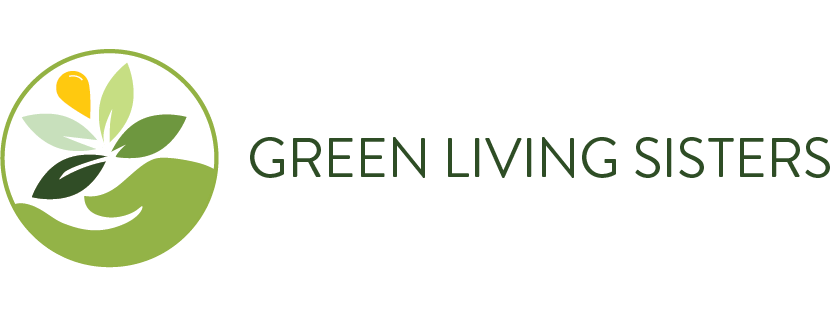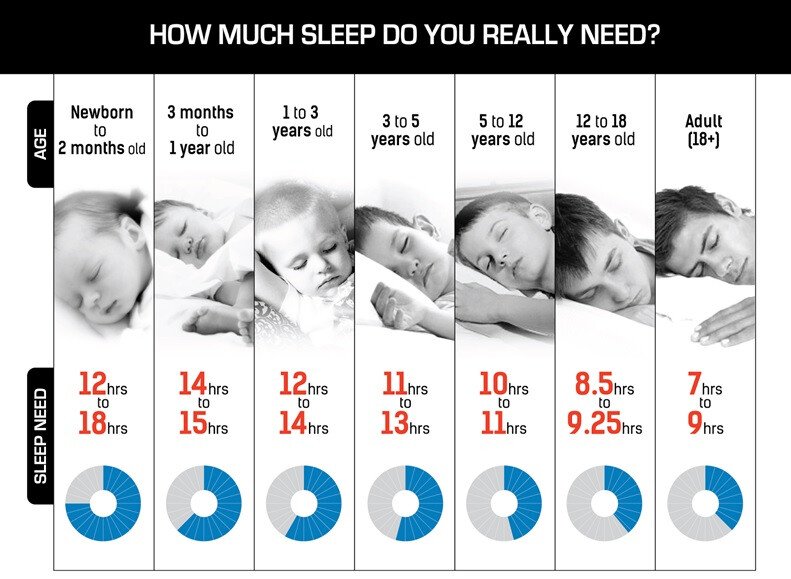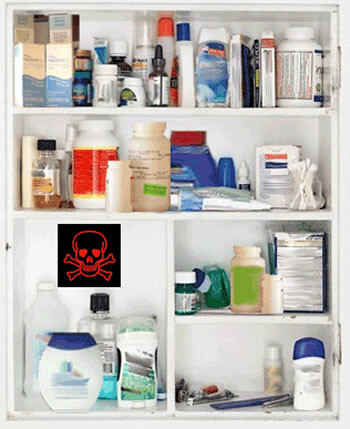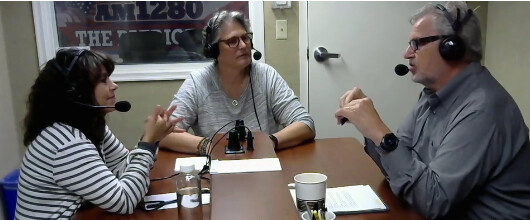
 One of the most common reasons Americans visit their doctor is because they have trouble sleeping.
One of the most common reasons Americans visit their doctor is because they have trouble sleeping.
So it is no surprise that according to the Center for Disease Control and Protection, sleeping pills are one of the most commonly used medications in the United States. Over 10 years ago, in 2008, Pharmacists have filled more than 56 million prescriptions for sleeping pills at a cost of $4.5 billion and that number continues to rise.
People lose sleep for any number of reasons: stress, anxiety, depression, disease, pain, travel, medications, sleep disorders or simply poor sleep habits. Most of those who visited their doctor about their sleep disturbances left with a prescription for a pharmaceutical sleep aid and hopes of returning to normal sleep.
Sleeping pills are among the most advertised, most prescribed and most profitable drugs. Many people start taking them as a quick fix to a sleep problem.
These sleep aids are normally recommended for a brief period of time (less than a month) but research from the Substance Abuse and Mental Health Services Administration (SAMHSA) shows that people are taking dangerous amounts of prescription sleeping pills for longer periods than recommended.
The main problem with pharmaceuticals is that they tend to induce unnatural sleep.
The number of people who visited emergency rooms because of sleeping pill overdose more than doubled between 2006 and 2010. Overmedication was the reason for these visits. This number doesn't include suicide attempts, non-prescription uses, or bad reactions to correct doses.
While most people who do take prescription sleeping pills do not experience major issues, the FDA has been concerned about their side effects for years. In 2013, it did recommend a lower dose of zolpidem (generic name for Ambien) in an effort to cut down on side effects like next-morning drowsiness, dizziness or vision problems as it was found to contribute to auto accidents and more.
Those taking prescription sleeping pills can expect to feel a short term relief from insomnia when they first begin taking the pills. However, the sort term usage frequently leads to chronic usage and dependence.
Certainly insomnia can be a devastating problem.
Yet, it has become increasingly popular to explore non-pharmaceutical, natural and less invasive ways to sleep better. Including working with someone who helps you work through your sleep issues and helps you get into a good sleep routine.
Think of it like having a personal trainer for your sleep.
Schedule your FREE sleep evaluation call. During this 15 minute call we will discuss your unique sleep issues by gathering more information. Then we will decide together if a full consultation is the right solution for you.
___________________________________________________________________________________________________
Catherine and Elizabeth have been helping people detox their homes and choose to live green for over ten years. We say detoxification is a process, not a destination. New chemicals are constantly being introduced to the market and keeping them out of our homes is something we all must be very diligent about.











